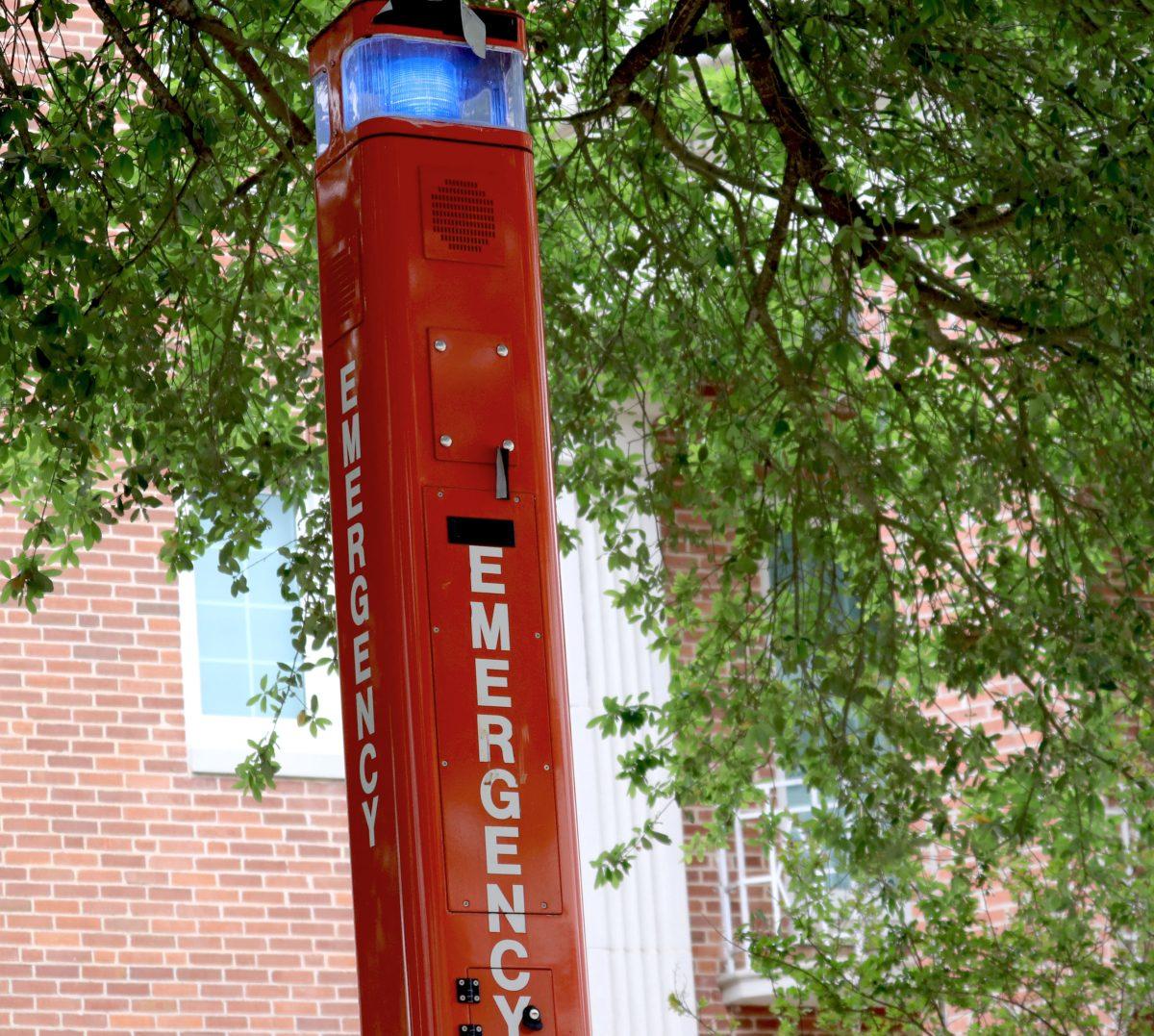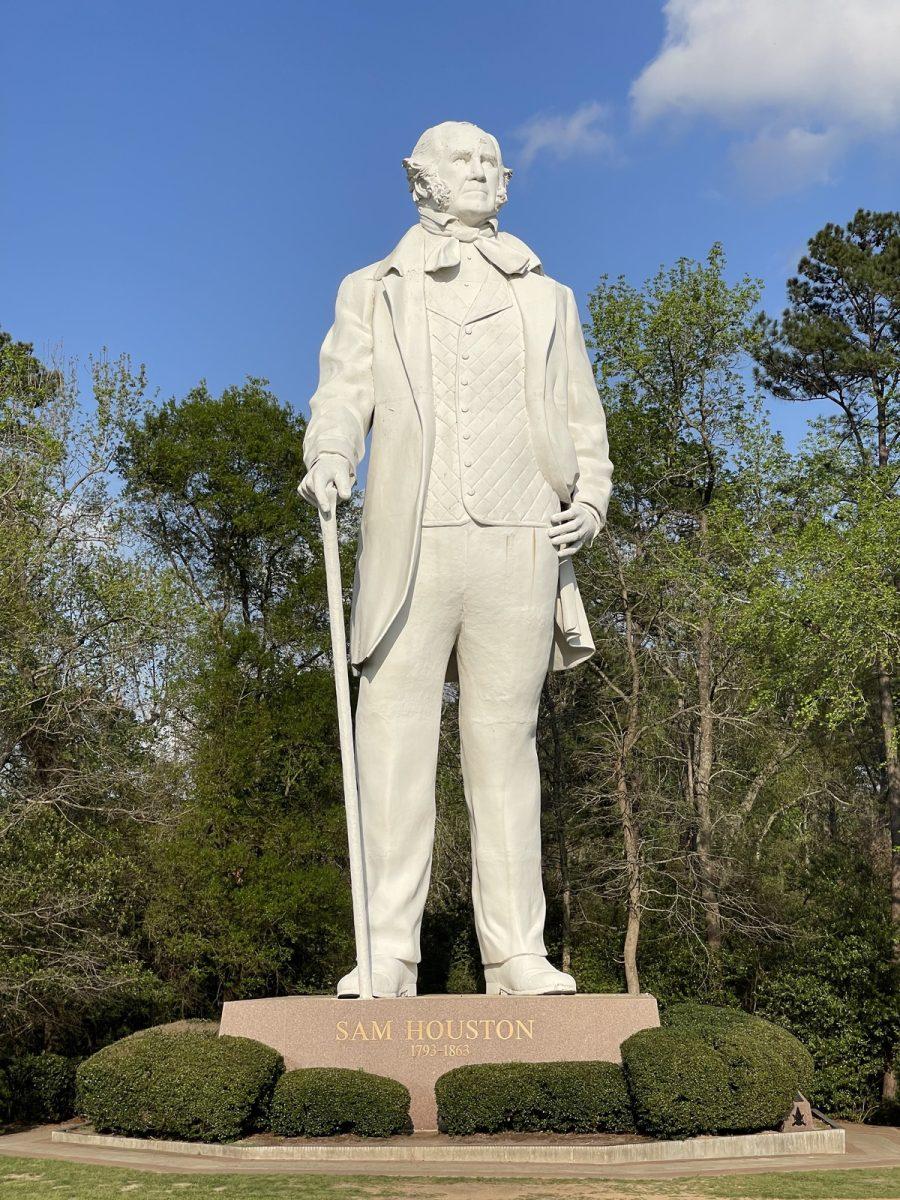In the last weekend in the full week in February, legislatures in Austin were quietly drafting, and passing legislation taking healthcare away from teachers in districts of 1,000 employees or less. Texas spends hundreds of millions of dollars a year of taxpayer money for high school football stadiums, while spending a mere $9,561 per student and paying teachers 28,080. Priorities in Texas have to change.
Texas ranks forty-third in education, but spends the most in the nation on high school football. Two schools, Allen and McKinney in the Dallas metro spent $60 and $70 million dollars on their brand new stadiums, respectively. High school football is not the only misuse of taxpayer money, but also college, and the AT&T Stadium. NFL stadiums are tax-exempt and do not pay any property taxes or educational benefits. However, taxpayers paid 1/3 of the price of AT&T Stadium.
The Supreme Court, in a 5-4 ruling claimed the U.S. constitution does not require equal educational funding. Texas is allowed to subsidize schools with local property taxes and can allocate funding however they see fit. In an age with more “swamp creatures” than ever, it’s no surprise legislatures will ensure their friends and family get kickbacks.
Texans pay among the highest property taxes, being fourteenth with an average of $2,275. Some of these amounts go in excess of four-thousand in high-income areas. When this is thrown together, billions are made. Of course, property taxes can go up with approval of ballot measures. One Texas County has property taxes as little as $350. In low-income counties, this means little funding, little pay, little hope of upward mobility.
Texas ranks 51st in the US (including Washington D.C.) in graduation rate. Conversely, Texas also has one of the highest rates of adults with some college, bachelors and master degrees. This indicates that non-Texans bring their education to benefit business and the Texas economy.
Teacher compensation in Texas is also among the lowest in the nation. One benefit Texas provides is tuition reimbursement if teachers teach in rural or low-income neighborhoods. However, to take away healthcare to save money while spending millions on sports is nonsense. Additionally, college professors are paid much lower than educators elsewhere are, while the highest paid public employees are college football coaches.
The sentiment not understood in the Lone Star state is that football is temporary, but education, or lack thereof, is forever. Students from low-income areas may be among the brightest out there, but may not have a path to higher education. At the same time, schools have no qualms about passing along struggling students if they are star athletes and will help their school win.
Another troubling fact in Texas is that many children are, in fact, left behind. With low student spending, the especially smart may not be able to reach their full potential while special needs students go by the wayside. However, those in high-income areas can be given some of the best educations nationally. An aggravating fact is that these schools can pick athletes out of low-income areas and give scholarships to these kids to boost their state title prospects.
Nationally, the 51-49 appointment of Betsy Devos as education secretary signals more failure for students. Devos proposes funding for private schools, which would lead to more educational inequality. Devos also claims a school lunch does not exist, though it has been part of the deal since the early 20th century. The dismantling of the Department of Education and moving to privatization would lead to more greed and a decline in education. Possibly the biggest treat Devos brings is the move to a theocratic education. She believes students should read the bible daily in school, which infringes on constitutional rights. In a state, which pledges to not only the US flag, but also the Texas flag, Texas politicians applaud this type of religious nationalism.
The Texas education is one of the worst and most corrupt in the nation. The hypocrisy in putting big money into sports, while gutting the arts and leaving behind lower-income students is astounding. Every child, no matter race, religion, economic level, or citizenship status, has the right to a high-quality education K-12, and beyond. If Texas can afford swanky new stadiums, they can afford this, and even cut costs.





